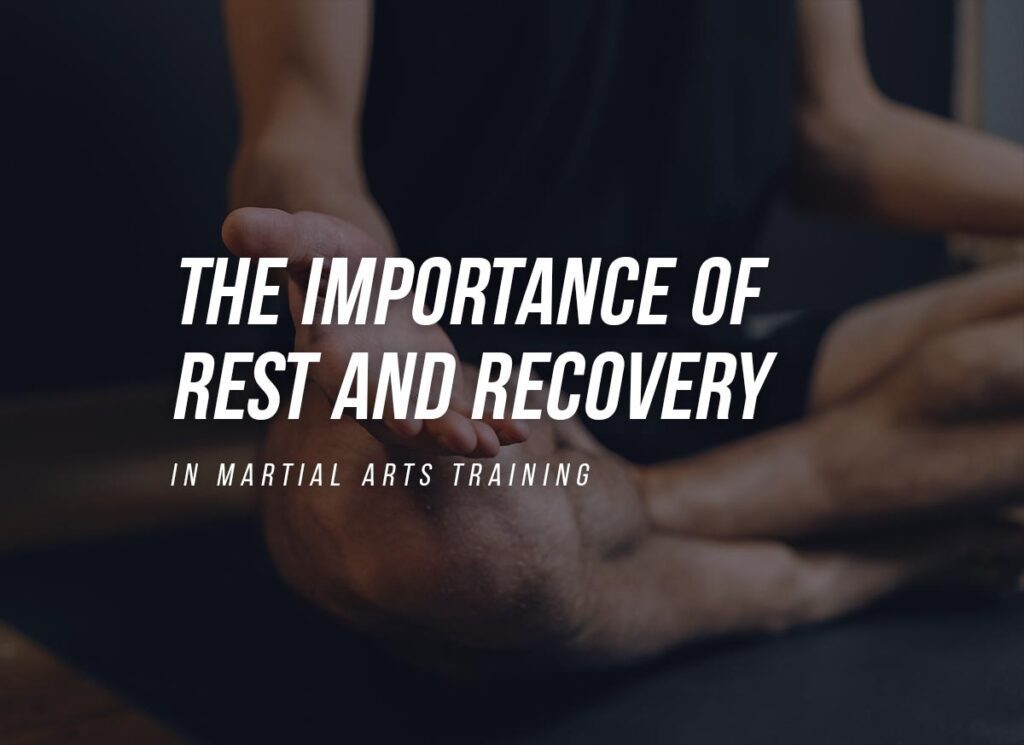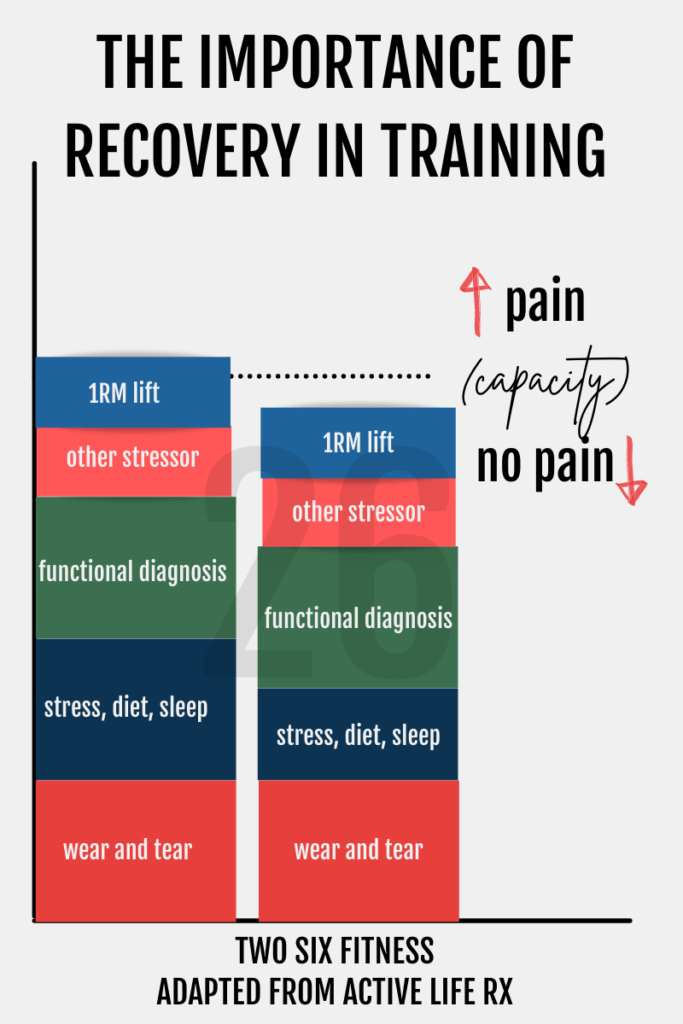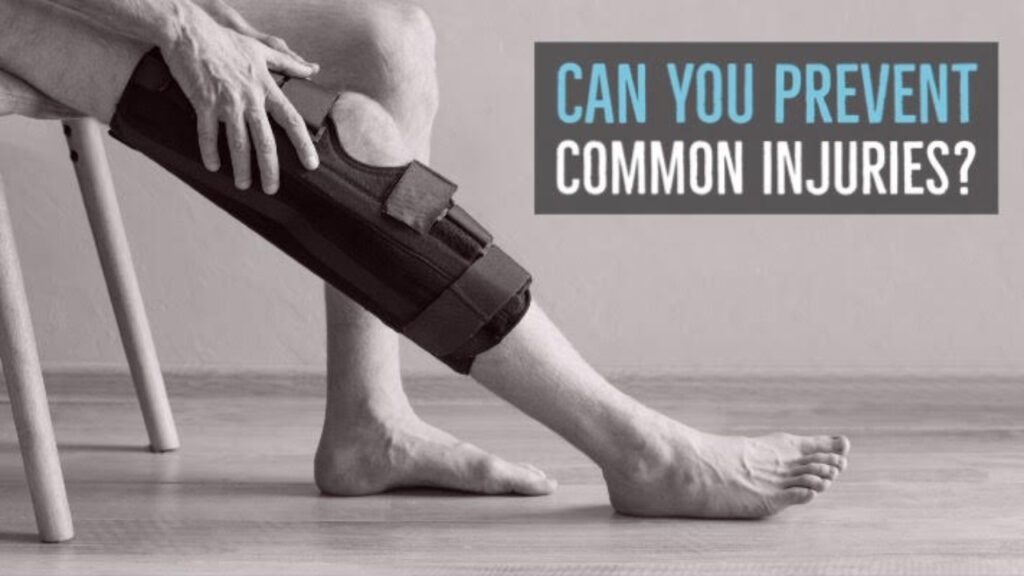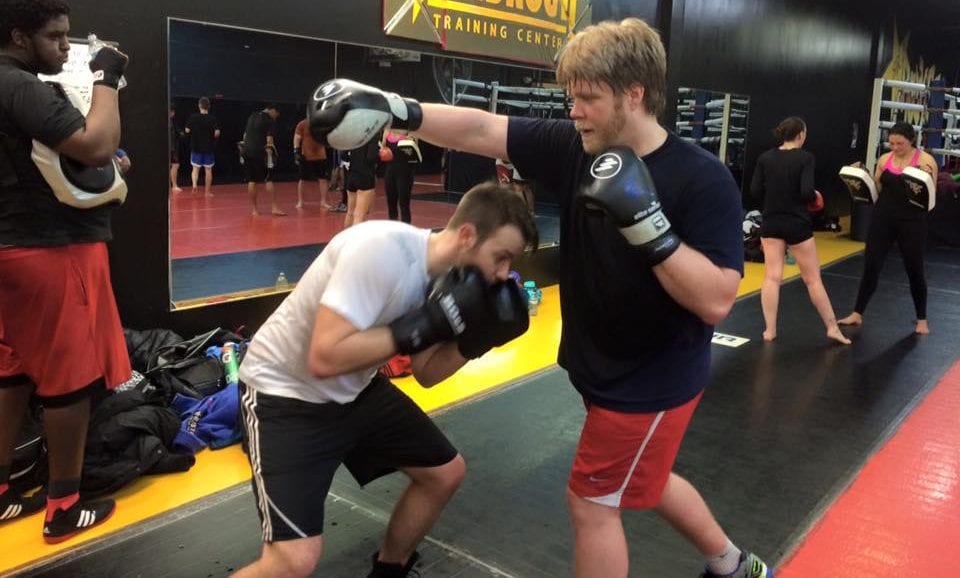You know how important it is to train hard and stay dedicated when it comes to mixed martial arts (MMA), but have you ever considered the importance of rest days in your training regimen? We often focus on pushing ourselves to the limit and constantly improving, but neglecting to give our bodies the rest they need can actually hinder our progress and increase the risk of injury. In this article, we will explore the importance of implementing rest days in your MMA training, and how they can significantly contribute to injury prevention. So, take a break from the punches and kicks, and let’s dive into the world of rest days in MMA training.

Understanding the Importance of Rest Days
Rest days are a crucial component of any training program, especially in a physically demanding sport like Mixed Martial Arts (MMA). These days off from training provide several benefits that contribute to your overall performance and wellbeing. By incorporating rest days into your training routine, you can avoid overtraining, promote muscle recovery, and reduce the risk of injury.
Avoiding Overtraining
Overtraining occurs when you push your body beyond its limits without allowing sufficient time for recovery. This can lead to a decrease in performance, increased fatigue, and muscle imbalances. By incorporating rest days into your training schedule, you can prevent overtraining and ensure that your body has enough time to recover and adapt to the physical demands of MMA training.
Promoting Muscle Recovery
During intense training sessions, your muscles undergo microtears, which need time to repair and rebuild. Rest days provide the necessary time for this muscle recovery process to occur. When you give your muscles a chance to rest and repair, it leads to increased muscle growth, improved strength, and overall better performance in the long run.
Reducing the Risk of Injury
One of the most significant benefits of rest days is the reduction in the risk of injury. By giving your body time to rest and recover, you allow it to heal any minor injuries or inflammation that may have occurred during training. Additionally, rest days can help prevent overuse injuries by allowing your joints, tendons, and ligaments to recover from the repetitive stress they endure during MMA training.
Effects of Overtraining
If you ignore the importance of rest days and continue to train without adequate recovery, you may experience the following negative effects:
Decreased Performance
Overtraining can lead to a decrease in your overall performance. You may find it challenging to execute techniques properly, react quickly, or maintain the same level of endurance. Your body needs time to recover and adapt to the training stimulus for optimal performance.
Increased Fatigue
Pushing your body too hard without appropriate rest can result in increased fatigue. You may find that you are constantly tired, lacking energy, and struggling to recover between training sessions. Chronic fatigue can negatively impact your physical and mental performance, making it crucial to prioritize rest days.
Muscle Imbalances
Overtraining without proper rest can lead to muscle imbalances. Certain muscle groups may become overworked while others remain underdeveloped, which can lead to poor technique, decreased performance, and an increased risk of injury. By incorporating rest days, you allow your muscles to recover and rebalance, ensuring a more balanced and functional body.
Muscle Recovery During Rest Days
Rest days play a vital role in muscle recovery. Here are some ways rest days facilitate this process:
Repairing Microtears
During intense training, your muscles experience microtears, which are essential for muscle growth and adaptation. Rest days provide the opportunity for these microtears to repair, helping your muscles grow stronger and more resilient.
Restoring Glycogen Levels
When you engage in high-intensity training, your body utilizes stored glycogen for fuel. Rest days allow your muscles to replenish glycogen stores, ensuring they have enough energy for future training sessions. This restoration process is crucial for optimal performance and preventing muscle fatigue.
Reducing Inflammation
Intense training can lead to inflammation in your muscles and joints. Rest days give your body the chance to reduce inflammation and promote healing. By allowing this recovery process to occur, you can reduce the risk of chronic inflammation and associated injuries.
Reducing the Risk of Injury
Rest days are essential for reducing the risk of injury in MMA training. Here’s how rest days contribute to injury prevention:
Preventing Overuse Injuries
Overuse injuries, such as stress fractures, tendonitis, and muscle strains, can occur when the body is continuously subjected to repetitive stress without appropriate recovery. By incorporating rest days, you give your body time to repair and adapt, reducing the risk of overuse injuries.
Reinforcing Proper Technique
When your body is fatigued from training without sufficient rest, technique can suffer. Fatigue compromises your ability to execute proper form and increases the likelihood of improper movement patterns. Rest days help maintain mental and physical focus, allowing you to reinforce and improve your technique.
Maintaining Mental Focus
Rest days not only provide physical recovery but also mental recovery. MMA training requires intense concentration, focus, and mental fortitude. Without adequate rest, you may experience decreased cognitive function, increased mental fatigue, and reduced reaction times. Including rest days in your training routine allows you to maintain mental focus and perform at your best.

Implementing Rest Days in MMA Training
Here are some strategies to effectively implement rest days into your MMA training:
Establishing a Training Schedule
Create a well-structured training schedule that includes dedicated rest days. This schedule should strike a balance between training intensity, volume, and recovery. By planning ahead, you can ensure that you have adequate rest days incorporated into your routine.
Including Active Recovery
On rest days, consider incorporating active recovery activities such as light cardiovascular exercises or mobility and flexibility work. These activities promote blood flow, aid in muscle recovery, and help prevent stiffness or soreness associated with complete inactivity.
Incorporating Cross-Training
Cross-training involves engaging in different forms of exercise or sports outside of your MMA training. By incorporating cross-training on your rest days, you engage different muscle groups, prevent overuse injuries, and provide a mental break from MMA-specific training.
Training Schedule for MMA Athletes
A well-balanced training schedule is essential for optimal performance and injury prevention. Here are some considerations when creating a training schedule for MMA athletes:
Balancing Intensity and Volume
Find the right balance between training intensity and volume to avoid overtraining. High-intensity sessions require more rest days, while lower-intensity sessions can be followed by lighter training or active recovery days.
Incorporating Rest Days
Intentionally include rest days to allow for proper recovery and muscle adaptation. Depending on your training intensity, consider scheduling 1-2 rest days per week. These rest days should be strategically placed to allow for optimal recovery between training sessions.
Monitoring Progression
Regularly assess your performance and overall well-being to determine if you need to adjust your training schedule. Pay attention to signs of fatigue, decreased performance, or lingering soreness. Adjusting your training intensity, duration, or incorporating additional rest days may be necessary for continued progression and injury prevention.

Active Recovery Techniques
On rest days, incorporating active recovery techniques can further enhance muscle recovery and overall performance. Here are some effective active recovery techniques:
Light Cardiovascular Exercises
Engage in low-impact exercises such as swimming, cycling, or brisk walking to promote blood flow without putting too much stress on your muscles and joints. These cardiovascular exercises aid in muscle recovery and contribute to overall fitness.
Mobility and Flexibility Work
Take the time to perform mobility and flexibility exercises on your rest days. These exercises help improve joint range of motion, reduce muscle stiffness, and optimize movement patterns. Incorporating techniques such as yoga or dynamic stretching can be especially beneficial for MMA athletes.
Foam Rolling and Massage
Utilize foam rollers or schedule a professional massage on rest days. Foam rolling helps release tension in muscles, promotes blood flow, and aids in muscle recovery. Massage therapy can further enhance muscle relaxation, relieve tension, and improve overall recovery.
Benefits of Cross-Training
Cross-training offers numerous benefits to MMA athletes. By engaging in different activities on your rest days, you can experience the following advantages:
Enhancing Overall Fitness
Cross-training allows you to engage in various forms of exercise that can enhance your overall fitness. Incorporating activities such as weightlifting, swimming, or Pilates can target different muscle groups, improve cardiovascular health, and enhance overall physical conditioning.
Preventing Overuse Injuries
By participating in activities outside of MMA training, you minimize the risk of overuse injuries. Cross-training engages different muscle groups and movement patterns, reducing the repetitive stress placed on the body during MMA training.
Providing Mental Break
Cross-training on rest days not only benefits your physical health but also provides a mental break from the demands of MMA training. Engaging in different activities allows you to recharge mentally and prevent burnout, contributing to a more sustainable training routine.

Common Challenges in Implementing Rest Days
Implementing rest days can sometimes be challenging, especially for dedicated athletes. Here are some common challenges and tips to overcome them:
Fear of Falling Behind
Many athletes fear that taking rest days will set them back in their training progress. However, rest days are a crucial part of the process and allow for long-term performance improvements. Trust that the rest and recovery will benefit your overall performance in the long run.
The Importance of Mental Rest
While physical recovery is critical, mental rest is equally important. It’s essential to give your mind a break and allow yourself to recharge mentally. Engage in activities that bring you joy and help you relax during your rest days.
Finding Balance
Finding the right balance between training and rest can be a challenge. It’s important to listen to your body and adjust your training schedule accordingly. If you’re feeling excessively fatigued or at risk of injury, it’s crucial to prioritize rest over pushing through.
Conclusion
Incorporating rest days into your MMA training routine is essential for injury prevention, muscle recovery, and optimal performance. By understanding the importance of rest days and implementing them strategically, you can avoid overtraining, promote muscle recovery, and reduce the risk of injury. Remember to listen to your body, prioritize both physical and mental rest, and create a sustainable training routine that allows for continuous progress and growth.

